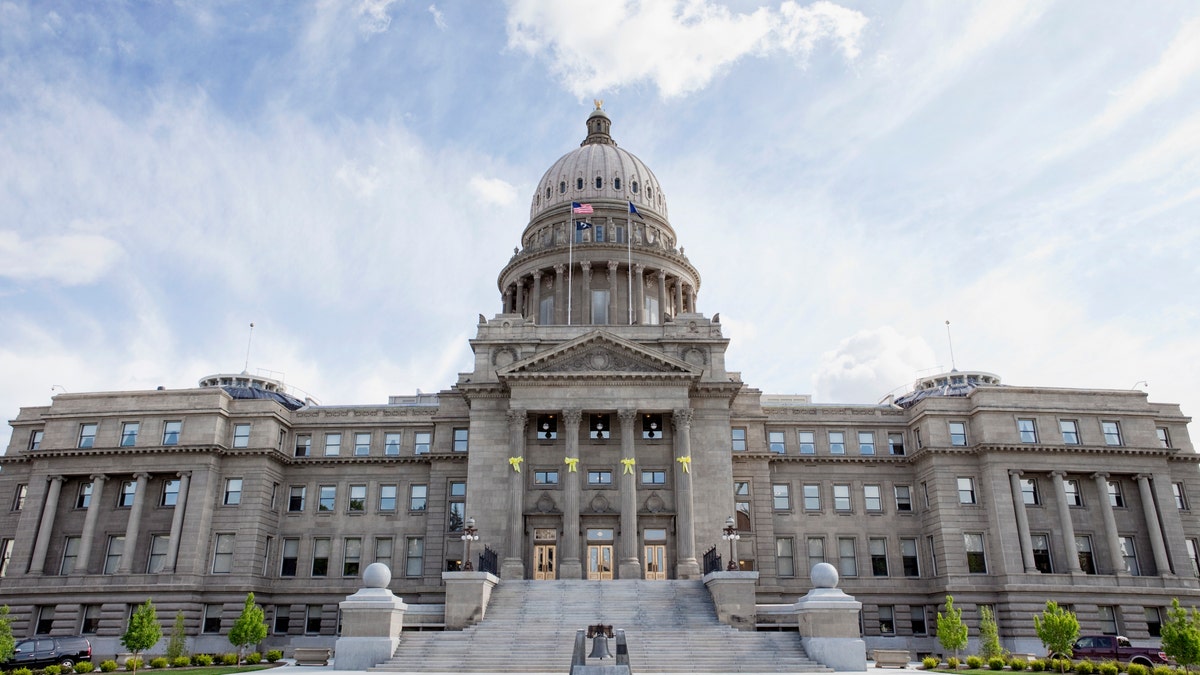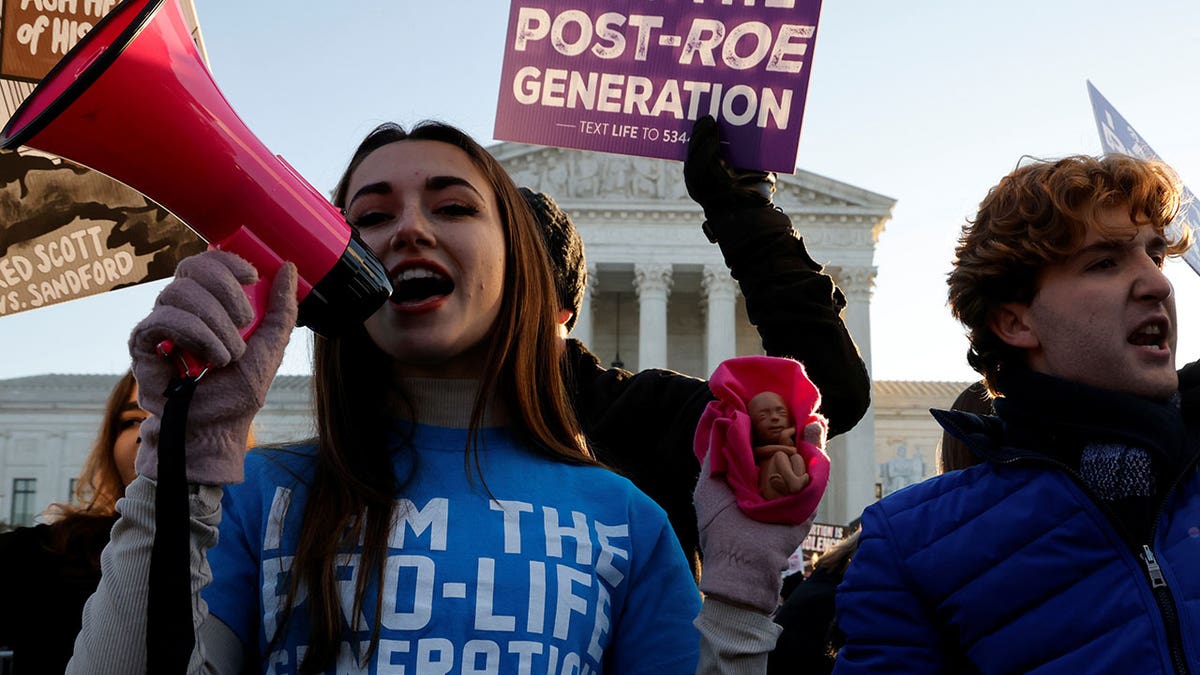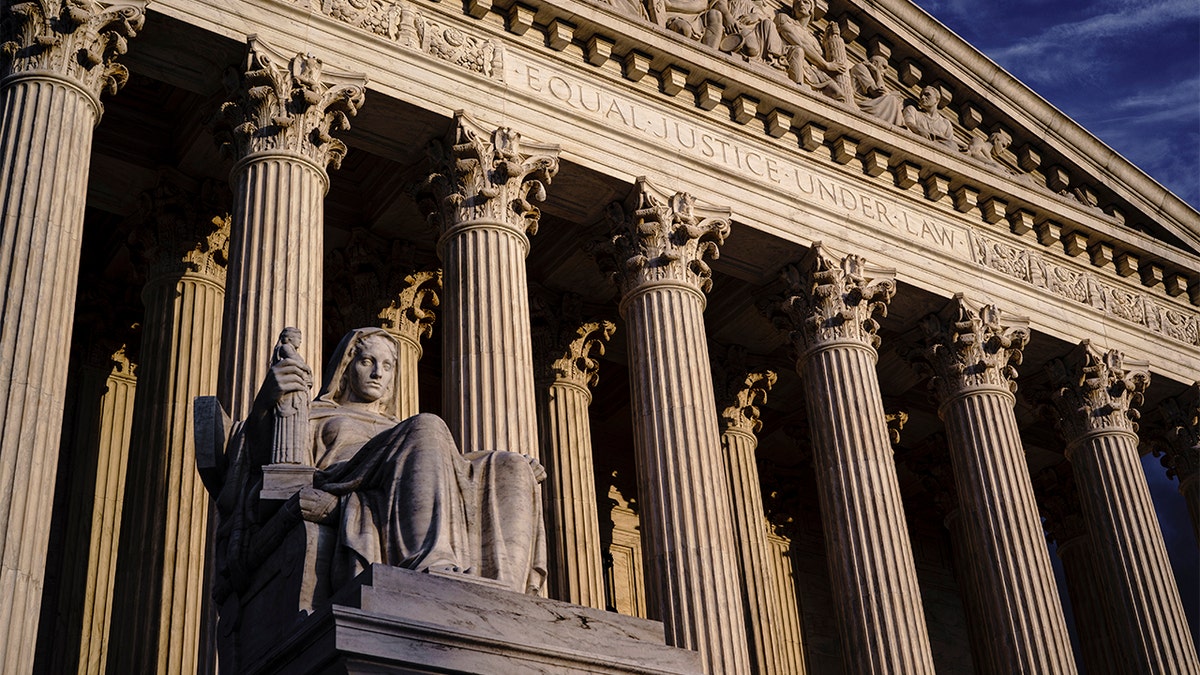Fox News Flash top headlines for March 14
Fox News Flash top headlines are here. Check out what's clicking on Foxnews.com.
The Idaho House of Representatives passed a bill Monday banning abortions after six weeks of pregnancy and allowing family members to sue any doctor who performs one.
The bill, which passed 51-14 and now heads to Republican Gov. Brad Little's desk after having previously been passed by the Idaho Senate, makes Idaho the first state to pass legislation mirroring the controversial Texas law banning abortions after about six weeks of pregnancy.

Idaho State Capitol Building in Boise, Idaho. (powerofforever)
Like the law in Texas, the Idaho bill enforces the ban by allowing private individuals to bring suit in state court against people who allegedly perform such illegal abortions. The bill includes exceptions for rape, incest and medical emergencies.
SUPREME COURT LETS CHALLENGE TO TEXAS ABORTION LAW PROCEED, ALLOWS LAW TO REMAIN IN EFFECT
The proposed Idaho law allows those who would have been the father, grandparents, siblings, aunts and uncles of an aborted unborn baby to sue an abortion provider for a minimum of $20,000 in damages within four years of the abortion.
Opponents claim the law is unconstitutional and that some women do not know they are pregnant within six weeks.

An anti-abortion demonstrator protests in front of the Supreme Court building, on the day of hearing arguments in the Mississippi abortion rights case Dobbs v. Jackson Women's Health, in Washington, D.C., on Dec. 1, 2021. (REUTERS/Jonathan Ernst)
Last year, Little signed legislation that bans abortion after a fetal heartbeat can be detected, though the law included a provision requiring a favorable federal court ruling that has yet to occur.
In December, the Supreme Court ruled that a lawsuit by abortion providers against the Texas abortion law may proceed, despite arguments by Texas that the way the law was written made it so that parties could not sue against the law until it was enforced.
FEDERAL APPEALS COURT SENDS TEXAS ABORTION LAW TO REPUBLICAN-MAJORITY STATE SUPREME COURT
"The Court concludes that the petitioners may pursue a pre-enforcement challenge against certain of the named defendants but not others," the court, led by Justice Neil Gorsuch, said.

The Supreme Court building in Washington, D.C. (AP Photo/J. Scott Applewhite, File)
The court's ruling did not render a verdict on its constitutionality but was rather procedural and allowed the law to remain in effect pending the legal challenges.
Republican lawmakers in at least 12 states have introduced similar legislation modeled after the Texas abortion law.
The Associated Press and Fox News' Tyler Olson contributed to this report.




